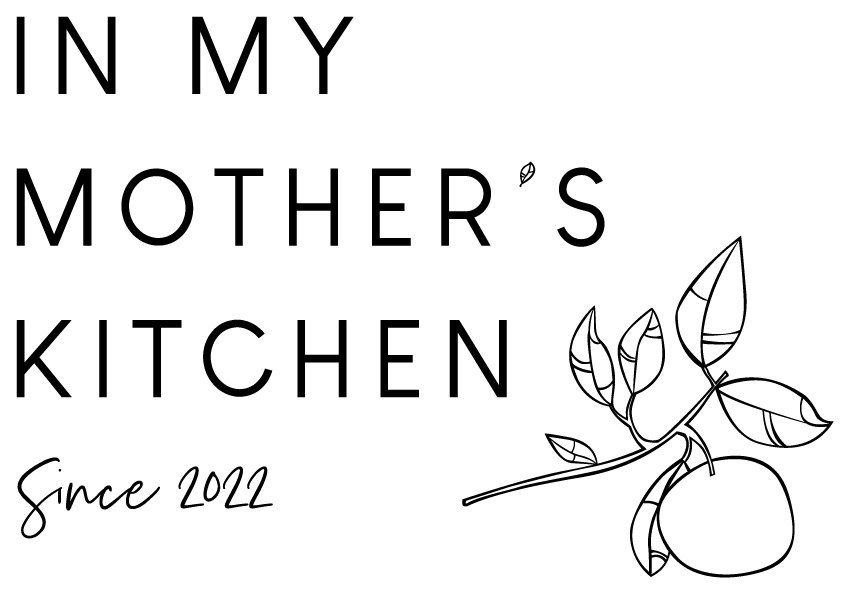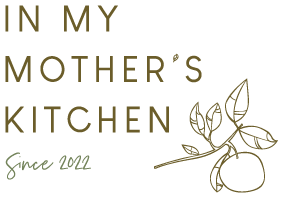Micronutrients - Tho they be but little, they are fierce.
Ok - I admit, I’m playing with Shakespeare’s words here, although I’m sure if I had a chance to speak with him in person he might just agree. Micronutrients are little - little in that our bodies (brains included) need them in tiny amounts as compared to those energy dense macronutrients (carbohydrates, proteins and fats). But (and this is a BIG but), don’t be tricked into thinking that they aren’t that important because they are tiny. Because, as the story goes (as it always goes) - it’s the little guys, the quiet achievers, the micro nutrients, that actually save the day.
So what are micronutrients you ask?
Simply put, micronutrients are the vitamins and minerals our bodies need in very small amounts to function, grow and thrive. They are necessary for countless biochemical reactions in our bodies including energy production, immune functioning, cellular functioning, DNA production and repair, and neurotransmitter synthesis to name but a few. You will be familiar with their names - Vitamin A, D, E, K, the B group vitamins (thiamin, riboflavin, niacin, biotin, pantothenic acid, B6, folate, B12) and C as well as the minerals iron, calcium, phosphorus, potassium, magnesium, zinc, copper (their are more).
In the most part, our bodies can’t make these nutrients, they need to come from the food we consume. Fruits, vegetables, animal products, fish. Whole foods. Foods from our 'mother’s kitchen’ (aka nature). Whole foods are the richest sources of micro nutrients. Just. Real. Food.
So much of our focus over the past 20 odd years has been on the big guns - our fuel providers (proteins, fats and carbs). Yet, it is the little guys that actually drive metabolism.
Without them, that fuel ain’t going no-where. I like to use the metaphor of a bus - the energy from food is the fuel, but its the vitamins and minerals (micronutrients) that actually drive the bus to where it needs to go. Without the bus driver - no matter how much fuel we have in the tank - the bus ain’t moving. For our bodies that means metabolism slows down and gets sluggish, because their are no co-enzymes taking the energy to where it needs to go.
How does that impact our brains (and subsequently our mood, energy, sleep, thinking, memory and behaviour) you ask?
The production of our neurotransmitters (brain metabolism), such as dopamine and serotonin, is dependent upon on a continuous supply of micronutrients. All metabolic processes require these micronutrients (energy production, immune functioning) - they are the co-enzymes that make “!@# happen. It’s the driver in the bus. And a significant amount of our energy requirements are consumed by that little organ in our heads - our brains. Our brain and nerve cells consume up to half of our total glucose used each day! whoa. And who's the driver of all that brain metabolism - our micronutrients. And current research suggests that no one micronutrient is enough for brain metabolism (no magic bullet when it comes to our brains). In fact, single nutrients can increase the risk of toxicity. Brain metabolism requires all of them (or at least most of them) to function at its best.
“When we eat, we are primarily feeding our brains” Rucklidge & Kaplan (2021)
But the sad part to this story is that the majority of Australians (I’m talk 93% of us) are not eating the recommended amount of vegetables each day and only half of us eat the recommended serves of fruit. About 1/3 of our diets is considered ultra-processed (high in calories but low in nutrients). With our current dietary patterns, is it possible that while our bodies are getting larger, our brains are starving?
There has been a lot of research over the past 10 years linking diet with wellbeing. The SAD (Standard American/Australian Diet) being associated with poorer mental health and the Mediterranean style diet, rich in micronutrients and good fats, being associated with improved mental health outcomes. The results of one Australian longitudinal study suggested that simply increasing a person’s fruit and vegetable consumption from zero per day to 8 portions per day may significantly increase ones sense of life satisfaction equivalent to a person getting a job after being unemployed! Now that’s impressive.
So, never underestimate the little guy.
As in fairy tales and real life, the quiet achiever, the unassuming little guy/girl, is the one that actually saves the day. And this quiet achiever is courtesy of our mother’s kitchen (aka nature).
When you are next doing your weekly shop, consider feeding the bus driver and look for food with greater nutrient density (not just concerning yourself with calories). Your brain will thank you for it.
In other words: Just. Eat. Real. Food.
And thank your mother. The great mother.
If you are food nerd like me, here are some great resources and references to support the above article.
Australian Government Department of Health and Ageing, National Health and Medical Research Council (Australia), Ministry of Health (New Zealand), Nutrient Reference Values for Australia and New Zealand (2006).
Australian Government Department of Health and Ageing, National Health and Medical Research Council (Australia), Australian Dietary Guidelines (2013).
Firth, J. et al. (2019). The Effects of Dietary Improvement on Symptoms of Depression and Anxiety: A Meta-Analysis of Randomized Controlled Trials. Psychosomatic Medicine, V81. DOI: 10.1097/PSY.0000000000000673.
Mujcic, R et al. (2016). Evolution of well-being and happiness after increases in consumption of fruit and vegetables, American Journal of Public Health, 106.
Rucklidge, J. & Kaplan, B. (2021). The Better Brain. How nutrition will help you overcome anxiety, Depression, ADHD and Stress.
Whitney, E., Rolfes, S. R., Crowe, T., & Walsh, A. (2019). Understanding Nutrition (4th ed.). Cengage Learning Australia Pty Ltd.

